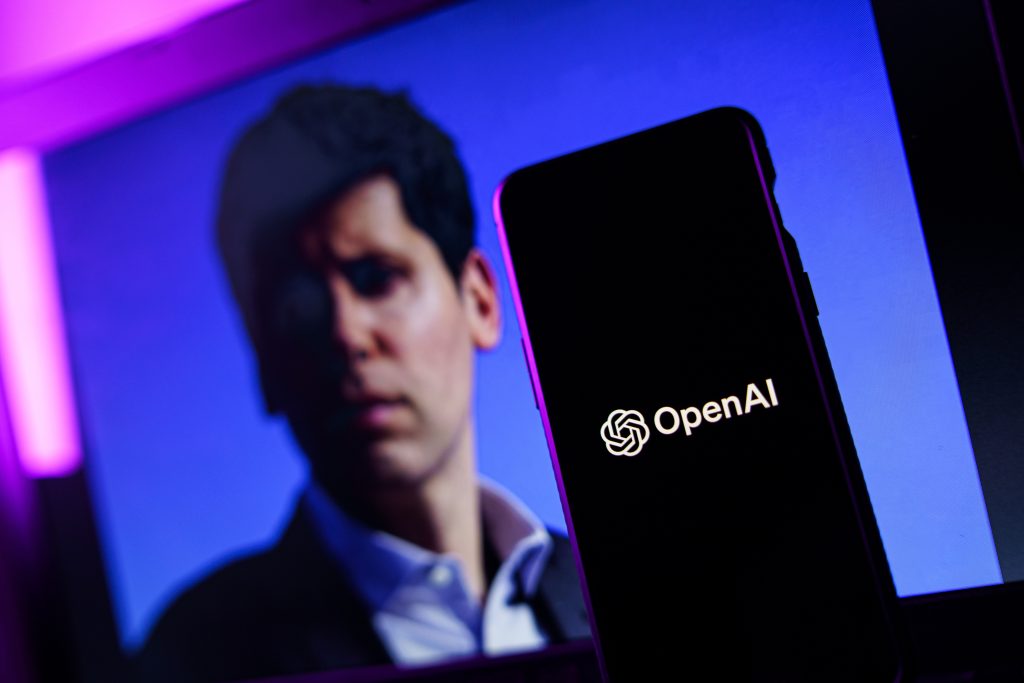OpenAI, the company behind ChatGPT, is reportedly seeking a $150 billion valuation as part of a new financing round. Sources close to the matter suggest that this valuation will depend on the company’s ability to restructure its corporate framework and remove a profit cap that limits investor returns.
The $6.5 billion funding round, which is expected to be finalised within the next two weeks, will come in the form of convertible notes. It marks a significant shift for OpenAI, which has evolved from a non-profit research initiative into the world’s most valuable AI startup. The company’s commercial ambitions are now being fuelled by increasing demand for investment, driven by its pursuit of artificial general intelligence (AGI)—AI that could surpass human intelligence.
Investor interest has been strong, according to sources, with existing backers such as Thrive Capital, Khosla Ventures, and Microsoft expected to participate. New investors, including Nvidia and Apple, are also planning to join, while Sequoia Capital is in talks to return as an investor.
However, if OpenAI fails to secure the necessary restructuring, the company may need to renegotiate its valuation with investors at a lower figure, sources added.
OpenAI Profit Cap and Corporate Governance
At the heart of the restructuring is a proposal to remove OpenAI’s profit cap, which limits the returns that investors can receive. This cap, introduced to balance financial incentives with the company’s mission, has long been a feature of OpenAI’s hybrid structure. Under this model, returns to investors were capped at 100 times their investment, with any additional returns being directed to OpenAI’s non-profit parent organisation.
The removal of this cap would require approval from OpenAI’s non-profit board, which includes CEO Sam Altman and entrepreneur Bret Taylor. While discussions with legal advisers about transforming the company into a for-profit benefit corporation are ongoing, it remains unclear whether such a fundamental change in the corporate structure will be approved. If the cap is lifted, early investors would stand to gain significantly, though this may raise concerns about OpenAI’s governance and its departure from its non-profit origins.
Commercial Focus and Rapid Growth
Founded in 2015 as a non-profit research venture dedicated to building AI for the benefit of humanity, OpenAI has increasingly embraced commercialisation. It has gained significant traction with its subscription-based services, such as ChatGPT, which now has over 200 million users.
Despite its growth, OpenAI continues to operate under a non-profit parent organisation. Existing investors remain bound by the return cap, which was introduced to ensure the company prioritises safety and sustainability over profit maximisation. OpenAI has said the cap was designed to encourage responsible AI development, with a focus on the long-term goal of AGI, rather than short-term financial gains.
The company has raised over $10 billion in recent years, primarily from Microsoft, and was last valued at $80 billion in a February tender offer deal led by Thrive Capital. As OpenAI continues to attract investment, its future corporate structure and governance could have major implications for the broader AI industry.


